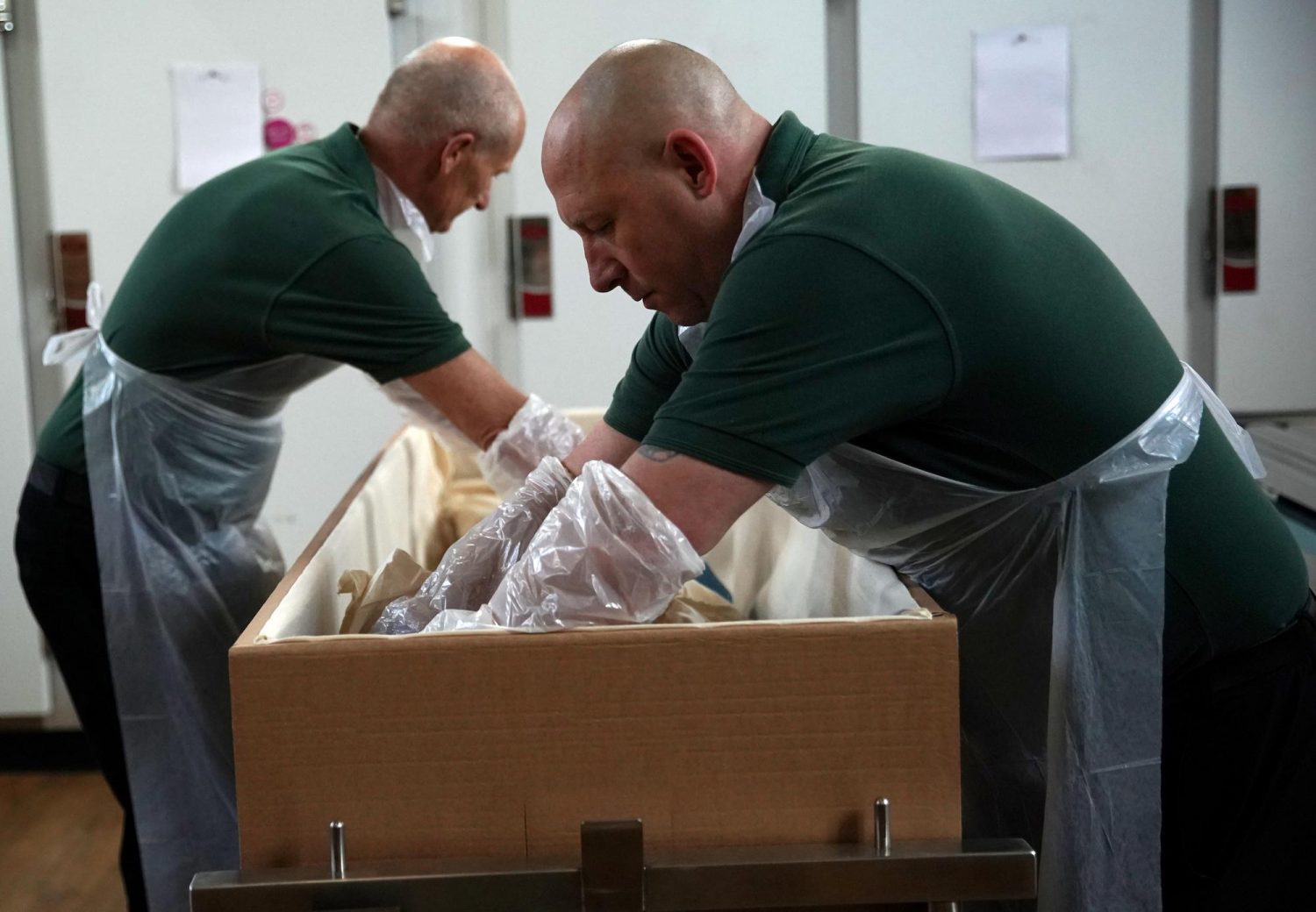Four minute read
It can be hard to begin talking about death, but there are so many good reasons to get started. Being more open about death can help us confront our own mortality, and play a role in how we grieve. Here’s why we believe being empowered to talk about death is so important.
A better way to live with death
It can be helpful to keep in mind that there’s no ‘right’ way to talk about death. While there are lots of common questions, these conversations are just as unique as the people who have them.
The tone can be emotional or reserved, celebratory or more straightforward. Some people may just want to make practical arrangements, while others want to explore more complicated feelings.
Talking more openly about death can feel unfamiliar, but you should never be ashamed of having questions. There’s nothing strange about wondering about things like what happens during cremation or what changes might happen to a body.
One really common reason for asking these questions is to feel less afraid. When a topic is completely taboo, our imagination fills in the details — and that can make things even worse.
Read our guide for carers on starting conversations about death.
It’s not about ‘just dealing with it’
While talking about death can sometimes make it less frightening, this conversation isn’t about controlling your emotions. It doesn’t have to be about ‘just dealing with it’ or keeping a stiff upper lip.
You get to decide how you feel about death, and fear and sadness might be part of that. But there should be room for those emotions to be talked about, because hiding them doesn’t make things any easier.
Of course, talking about death can also be joyful and uplifting — a way of celebrating life and what feels important. At best, this kind of openness can help us find a better way to live with death.
Planning your own funeral is a gift
Planning your own funeral can be a powerful parting gift to the people that you love. Most friends and families are hoping for the funeral the person who has died would have wanted — and without talking about it, that’s impossible to know.
While this is something you can go to a funeral director for help with, you can also absolutely do it on your own. It’s especially helpful to write down what you’d like and let other people know where that plan is kept. There are some practical tips on end of life planning in this blog.
Of course, having a funeral plan doesn’t mean that grief will be less painful. But it can help make practical things a lot easier. It’s really common for the time immediately after someone dies to be exhausting and overwhelming. Knowing what someone would have wanted can free up head-space for important things like caring for yourself.
What makes a good death?
Death is almost always portrayed as the very worst thing that can happen. In movies, TV shows and books, death is usually grim and traumatic. Sometimes, sadly, death can be those things. But there’s also room to think about death from a different angle. Being able to talk about how we would like to die in a positive way can go a long way towards making that happen.
Exploring what a ‘good death’ might feel like is a really helpful first step. We may not be able to choose how we die, but many of us will have choices about what the process of dying looks like. A good death is usually one where we have exercised the choices that we can — even if what that means is letting someone else step in and help.
Medical end of life plans will cover important practical things like resuscitation and pain relief. But you can also talk to friends and family about questions like ‘do I want my dog in the room’ or ‘do I want music?’
There are more options available than might seem obvious. For example, the Threshold Choir can come and sing as someone is dying. Of course, this won’t be for everyone, but if quiet is important that’s also very helpful for the people around you to know.
In cases where a death is untimely, this range of choices won’t exist and that can be extremely hard. But having spoken about death means that friends and family can honour someone’s life in the way they would have wanted.
No matter how and when we die, speaking about death can help work through complex emotions while we’re still alive. Having these conversations may be hard to start with, but will make things easier when the time comes. In the end, death and funerals are a part of life and we should be able to talk about that.
Read more about how to talk about death with children.
If you have any questions or you’d just like to discuss how we could help you, please don’t hesitate to get in touch.
To stay in touch with all the latest news and updates from Poppy's by email, sign up here.
